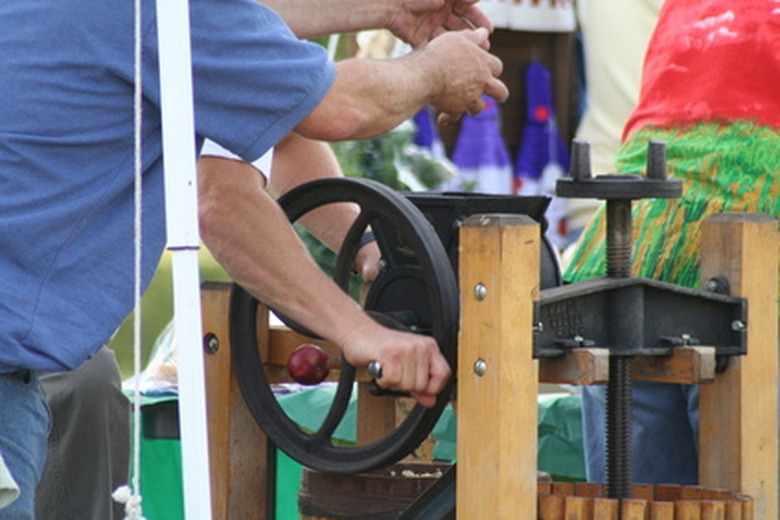Can I Add The Pulp From My Juicer To My Garden Soil?
While you can add the pulp from your juicer to your garden soil, the better choice would be to add juicer pulp to a compost pile to allow it to decompose before you use it on your plants. Juicing is the process of extracting the liquid portion of fruits or vegetables by using a small appliance called a juicer. This tool yields the juice you drink in one compartment and expels the pulp into a separate compartment.
Advantages of Composting Pulp
Advantages of Composting Pulp
When you add juicer pulp to a compost pile, it adds to the volume of materials that the pile already contains and provides fresh plant material that decomposes quickly because you have processed it into a slurry. For example, if you added whole carrots or chopped-up carrots to your compost, they would decompose much more slowly than carrot pulp. When you use finished compost in your garden, it provides your plants with nutrients, adds oxygen and improves the soil texture.
Disadvantages of Direct Application
Disadvantages of Direct Application
When you use juicer pulp directly in your garden, it can attract unwanted insects and other pests. Fruit, especially, attracts fruit flies, snails and possibly rats and other warm-blooded creatures such as deer or rabbits that forage for food at night. When you combine your pulp with other organic materials such as fallen leaves and grass clippings, it becomes more nutritious to your plants than pulp alone.
Pulp Makes Good Worm Food
Pulp Makes Good Worm Food
Worm composting, or vermicomposting, is the practice of utilizing red wiggler composting worms to create nutrient-rich castings that you mix with water to fertilize your plants. You must feed worms in a special bin two or three times each week. A worm composting bin can be as small as a shoe box, is odor-free and is a good alternative for apartment dwellers who want to recycle their food waste but lack the space for a standard compost pile.
Other Uses For Juicer Pulp
Other Uses For Juicer Pulp
You can use some juicer pulp in recipes that call for blended or ground-up fruit or vegetable materials. Pulp is high in fiber and adds bulk to the recipe into which you add it. Apples and carrots are two good examples of food pulp that you can use in recipes such as muffins and even low-sugar, healthful popsicles, sorbet and ice cream.
